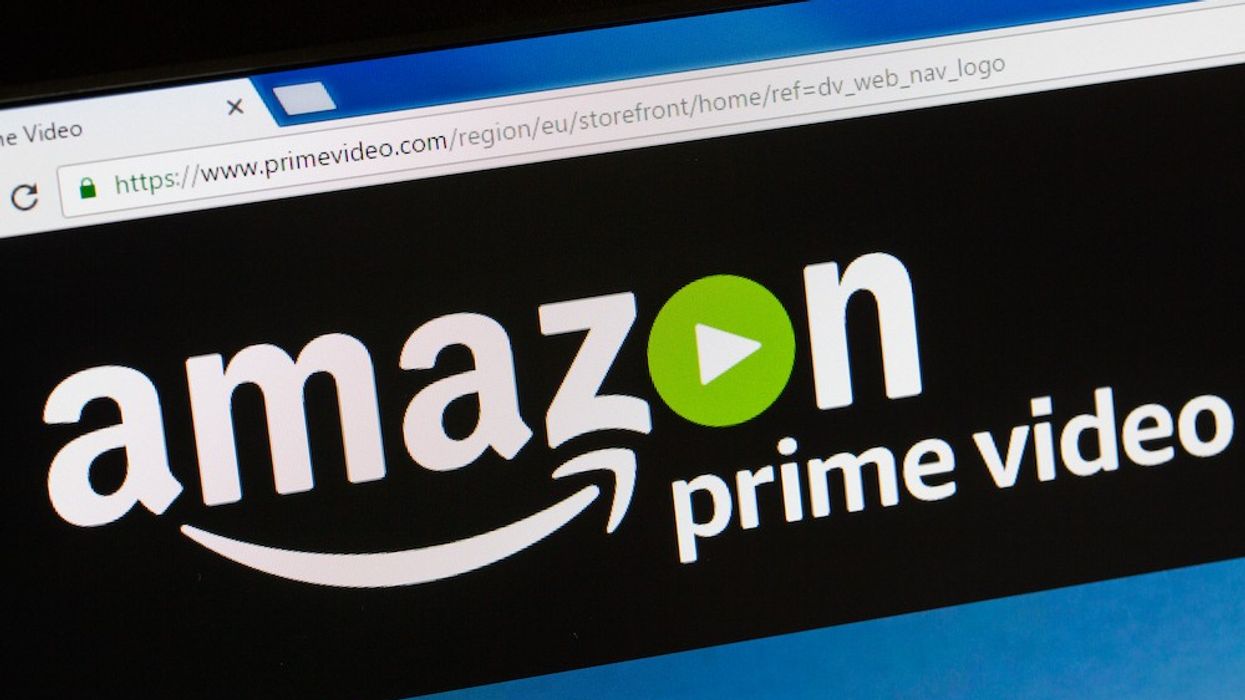Amazon Prime Video Direct Denies Docs and Shorts a Platform
Amazon makes some major changes to its submission policy.

As filmmakers, we want to get the most eyes on our work. Sometimes that means getting them onto a streaming service where there is easier access for sharing and for people watching. Well, Amazon’s PVD self-publishing program issued a new policy that would directly change all of that.
Amazon said in a recent statement, “At this time, we’re no longer accepting unsolicited licensing submissions via Prime Video Direct for non-fiction and short form content. We’ll notify you if these categories become available for consideration.”
One of the largest platforms for filmmakers was completely shut down to people who are constantly fighting for audiences.
A distribution executive told Filmmaker Magazine, “This will be a huge challenge for us... This will affect stakeholders across the independent film industry, whether directors, sales agents, distributors, and most importantly audiences that won’t be able to enjoy the work, and in the worst possible time in society.”
These effects will be felt even more so while theaters remain closed during the pandemic.
Why is this a big deal?
Prime Video Direct is not like Netflix or Hulu or even Amazon Studios. They do not acquire content. They have people submit their work and earn royalties based on revenue splits or customer-viewing. According to their royalty information, content providers receive 50% of net revenue.
And it's not just about them only. Having a short or doc on Amazon was a level of clout not easily achieved by telling people to watch it on Vimeo or even YouTube.
Why would distributors or financiers want to pay for content that doesn't make it onto a major platform? How can they make their money back or service niche markets if there is not profitability left?
Ian Stimler, Director of Home Media Sales at Icarus Films, which distributes many documentaries, says the shift in policy “presents an enormous challenge for us and our fellow indie distribs, especially in the short term. We were continually increasing our offerings with Amazon to build a steady, stable income stream from that. There was no warning at all about this particular gate closing.”
Where do we go from here?
This might be all smoke and no fire. While this policy has changed, many people think it's just one door closing. Amazon will surely look for other ways to stock docs and shorts, but probably through more traditional methods, like hearing pitches and seeking them out.
All that's happened is that user submissions and uploads have closed.
First Run Features’ Marc Mauceri told Filmmaker Magazine, “Obviously, we’re concerned but at the same time, we can’t imagine they will not allow the placement of legitimate non-fiction content on their platform. It’s just a question of what that process of acceptance will look like (how selective will they be) and until that’s clear, there’s no reason to go into panic mode.”
Time will tell if this kind of curation lasts. All we know now is that another place people had to submit their work is closing their doors.
Do you have any predictions of what's to come? Let us know in the comments.
Source: Filmmaker Magazine











